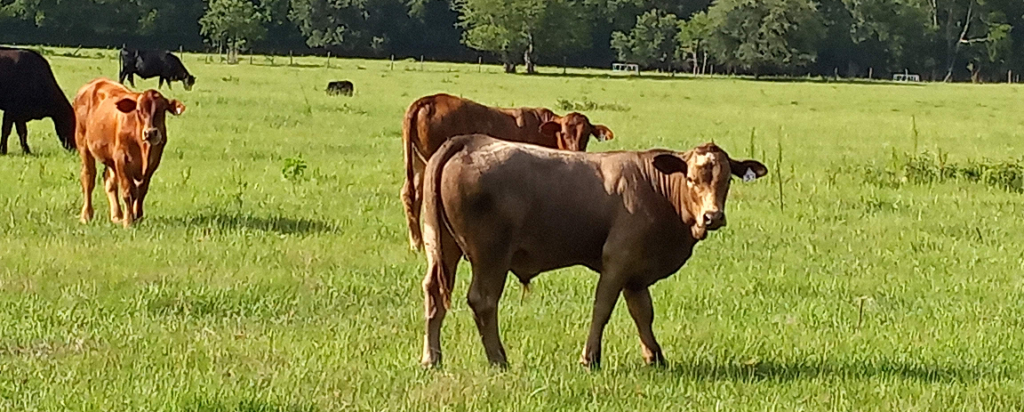The Tipping Point and the Go Natural Revolution

Over twenty years ago, a Canadian journalist named Malcom Gladwell wrote a best-selling book called The Tipping Point: How Little Things Can Make a Big Difference. Gladwell theorized that viral products start small and gain new adherents through people’s fear of missing out. When enough people buy the product, however, the tipping point is reached and behavior changes on a massive scale.
Gladwell’s book pre-dates the rise of lab-grown meat, but are the proponents of today’s synthetic foods banking on people’s fears? From COVID to climate change, we live in fearful times. There are also those who are afraid of missing out on the chance to do the right thing, whether it involves improving their own health or that of the planet. Are you one of them?
Go Natural Education isn’t here to drive your decision making. Rather, we’re here to support your critical thinking. Simply put, we are dedicated to presenting factual information about food, agriculture, the environment, and human health. We believe that the beef industry is being unfairly demonized; however, whether that’s the case is for you to decide as you learn more about us and what we have to say.
There is another book, one that predates Gladwell’s by some 40 years, that you might also like to consider. It’s called The Structure of Scientific Revolutions and was written by a philosopher called Thomas S. Kuhn. This book, which is more about the failure of ideas than their success, was recently summarized by Jeffrey A. Tucker, an American economics writer.
“In his model,” Tucker explains about Kuhn, “the orthodoxy that everyone accepts without question is challenged by a new way of thinking that is dismissed out of hand and censored”. Yet, resistance to the new approach doesn’t end there. “Its adherents are denounced as cranks,” Tucker continues, until “reality begins to change outlook” and “doubters appear and grow”.
WHAT IS THE TRUTH?
Today, much of the marketing for synthetic meat is designed to convince you that cows are bad for the environment, and that real beef is bad for your health. The advertisers know that good people are concerned, but they misunderstand the skepticism of our COVID age. The harder they press for a tipping point, and the more they advance an agenda, the more they’ll find what people hunger for is truth.
We hope you’ll keep reading our articles, watching our videos, and consider with care the information that we’ll present. The article that you’re reading right now is like a preface to a two-volume set. Volume 1 is about Beef and the Environment and Volume 2 is about Beef and Human Health. Within each “volume”, so to speak, we’ll present “chapters” on specific topics and in a way that anyone can understand.
Finally, Go Natural Education isn’t just out to debunk the myths that beef is bad for the environment and bad for your health. We want to give you an actionable plan. That’s why you can also count on us to present information about everything from grass-fed beef to local agriculture. It’s time to reverse the rush to a tipping point that’s based on fallacy instead of fact. Welcome to the Go Natural Revolution.